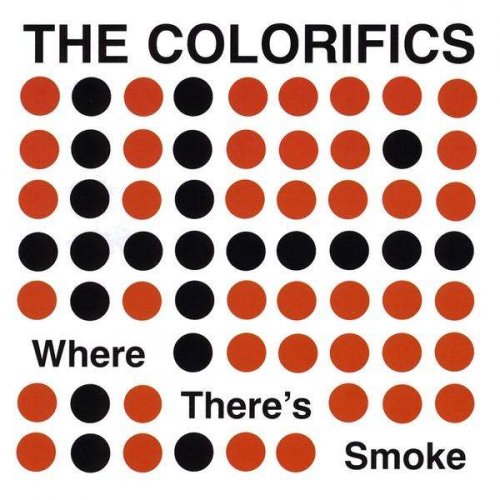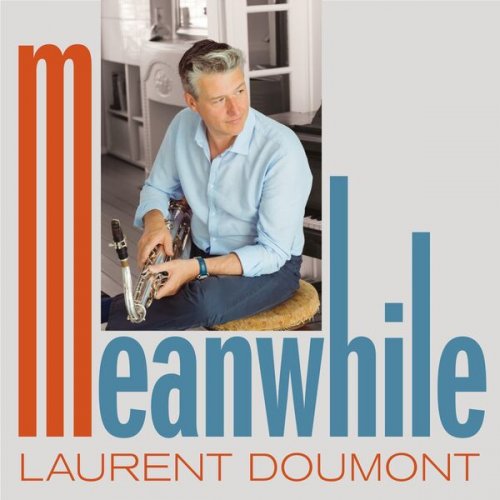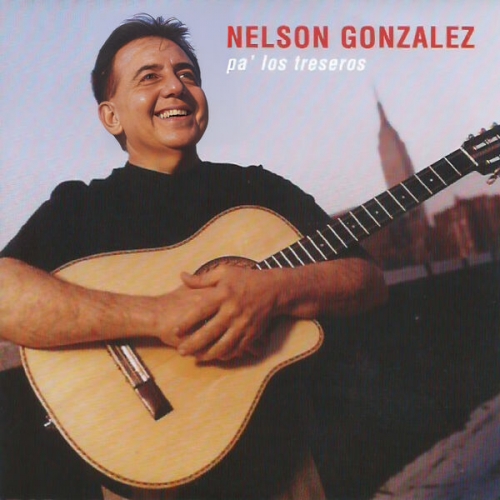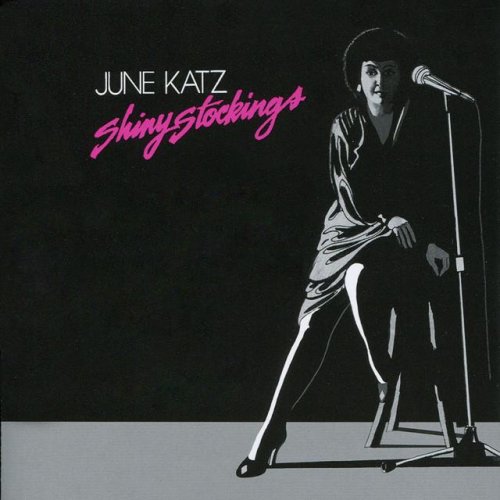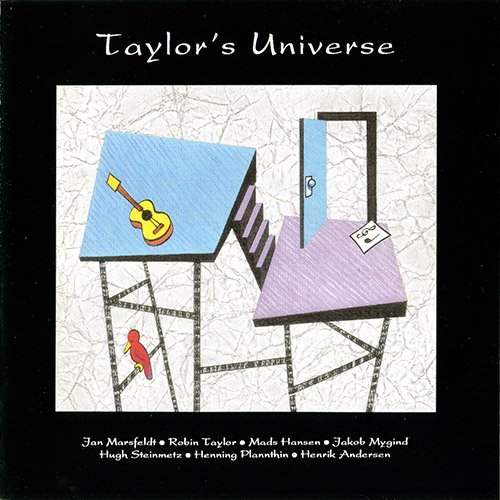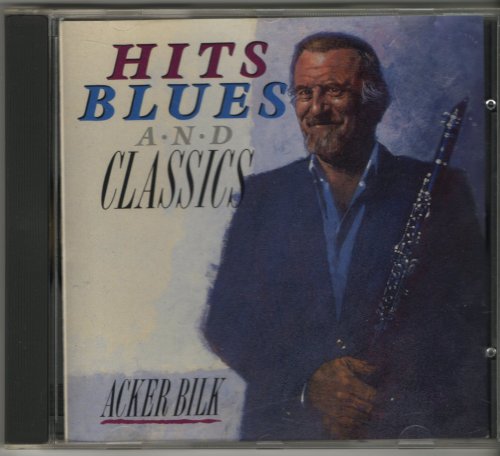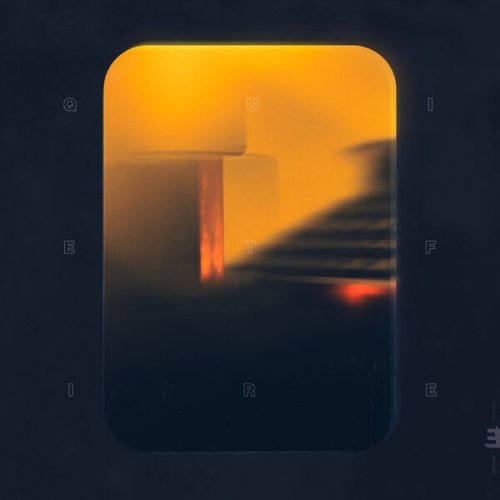Mathias Eick - Skala (2011) [Hi-Res]

Artist: Mathias Eick
Title: Skala
Year Of Release: 2011
Label: ECM Records
Genre: Contemporary Jazz
Quality: FLAC (tracks, booklet) [96kHz/24bit] / FLAC (tracks + .cue, log, artwork)
Total Time: 41:41
Total Size: 748 / 232 MB
WebSite: Album Preview
Tracklist:Title: Skala
Year Of Release: 2011
Label: ECM Records
Genre: Contemporary Jazz
Quality: FLAC (tracks, booklet) [96kHz/24bit] / FLAC (tracks + .cue, log, artwork)
Total Time: 41:41
Total Size: 748 / 232 MB
WebSite: Album Preview
01. Skala (6:17)
02. Edinburgh (5:11)
03. June (4:19)
04. Oslo (5:31)
05. Joni (5:57)
06. Biermann (6:11)
07. Day After (4:55)
08. Epilogue (3:21)
Mathias Eick’s intensely melodic trumpet occupies the centre-stage in this album of self-penned tunes which will appeal to an audience beyond “jazz”. Against the powerful backdrops offered by his sleek, modern band, driven by two drummers, he delivers richly lyrical soliloquies.
Mathias Eick follows up his melodically charged leader debut, 2008’s The Door, with something delectable. This time he fronts an expanded, smoother band that includes saxophonist Tore Brunborg within a nest of Scandinavian talent. Ever at their center is Eick, whose threefold role as composer, performer, and arranger takes on fuller idiomatic body.
Skala shares key aspects with its predecessor. It is another set of eight originals, which too can be divided into three acts of two, three, and three scenes, respectively. Act I likewise opens with the title track and, like its earlier counterpart, only seems to grow more translucent as instruments are added. Yet the similarities end there, for the music is something else entirely. Here is a musician who not only has listened deeply to others on the path to enriching his compositional breadth, but has also listened to himself, taking into the account all the work done before so as to tattoo new shapes into the same skin. And so, while his trumpet draws more smooth, echoing rainbows, the sky it inhabits is groovier in color. Channeling the catch and release of the Jan Garbarek Group at its best, he activates a unified band sound. Brunborg’s tenor, burnished like a well-shined shoe, steps confidently into the optimistic expanse set before him and assures us that all the wrongs of the past will turn to gold in the morning sun. All along, the pliant bass work of Audun Erlien keeps things moving toward “Edinburgh,” in which Eick strays just enough to stretch his palette, the band expanding and contracting in anticipation of his gorgeous marginalia.
“June” begins Act II with a haunting plot twist, joining the pianism of Andreas Ulvo and Sidsel Walstad’s harping in peaceful communication: proof that even the album’s darkest hour keeps its finger on the pulse of luminescence. “Oslo” counters with majesty, throwing itself into a groove akin to those of Nik Bärtsch’s Ronin. Concise and self-assured, its inner workings reveal Eick’s communal spirit, which felt distant behind The Door. “Joni” (as in Mitchell—one of Eick’s many popular touch-points) makes for a flowing companion. The Lyle Mays-like pianism drops a screen for Eick, who doubles on marimba in a display of cinematographic imagination.
Act III awakens with the stretch of urban reflection that is “Biermann” and ends with “Epilogue,” the latter a catalyst for escape. Between them is “Day After,” which looks at the world through rose-colored glasses and jumps from the peak of Brunborg’s solo into bliss. Building molecules from atoms, the reedman muscles its way between clouds, a lightening bolt in search of its originary spark.
It would be no exaggeration to say that on this album Eick has brought back the luscious aesthetics of those seminal ECM records from the 70s and 80s, when Solstice and the Pat Metheny Group were charting territory so new it could only seem familiar. Skala is proof that a silver lining needs no cloud to shine. A treasure, through and through.
Mathias Eick, trumpet, vibraphone (5, 8), electric guitar (6), double-bass (8)
Andreas Ulvo, piano
Audun Erlien, electric bass (1, 2, 4-7)
Torstein Lofthus, drums (1, 2, 4-8)
Gard Nilssen, drums (1, 2, 4, 6)
Tore Brunborg, tenor saxophone (1, 7)
Morten Qvenild, keyboards (1, 4, 5)
Sidsel Walstad, harp (3)
Recorded December 2009 and January 2010 at Cabin Recorders, Bugges Room, and Pooka Studio, Oslo
Engineered by Even Enersen Ormestad, Audun Ofstad Borrmann
Mixed May 2010 at Rainbow Studio by Jan Erik Kongshaug, Manfred Eicher, and Mathias Eick
Produced by Mathias Eick and Manfred Eicher
Mathias Eick follows up his melodically charged leader debut, 2008’s The Door, with something delectable. This time he fronts an expanded, smoother band that includes saxophonist Tore Brunborg within a nest of Scandinavian talent. Ever at their center is Eick, whose threefold role as composer, performer, and arranger takes on fuller idiomatic body.
Skala shares key aspects with its predecessor. It is another set of eight originals, which too can be divided into three acts of two, three, and three scenes, respectively. Act I likewise opens with the title track and, like its earlier counterpart, only seems to grow more translucent as instruments are added. Yet the similarities end there, for the music is something else entirely. Here is a musician who not only has listened deeply to others on the path to enriching his compositional breadth, but has also listened to himself, taking into the account all the work done before so as to tattoo new shapes into the same skin. And so, while his trumpet draws more smooth, echoing rainbows, the sky it inhabits is groovier in color. Channeling the catch and release of the Jan Garbarek Group at its best, he activates a unified band sound. Brunborg’s tenor, burnished like a well-shined shoe, steps confidently into the optimistic expanse set before him and assures us that all the wrongs of the past will turn to gold in the morning sun. All along, the pliant bass work of Audun Erlien keeps things moving toward “Edinburgh,” in which Eick strays just enough to stretch his palette, the band expanding and contracting in anticipation of his gorgeous marginalia.
“June” begins Act II with a haunting plot twist, joining the pianism of Andreas Ulvo and Sidsel Walstad’s harping in peaceful communication: proof that even the album’s darkest hour keeps its finger on the pulse of luminescence. “Oslo” counters with majesty, throwing itself into a groove akin to those of Nik Bärtsch’s Ronin. Concise and self-assured, its inner workings reveal Eick’s communal spirit, which felt distant behind The Door. “Joni” (as in Mitchell—one of Eick’s many popular touch-points) makes for a flowing companion. The Lyle Mays-like pianism drops a screen for Eick, who doubles on marimba in a display of cinematographic imagination.
Act III awakens with the stretch of urban reflection that is “Biermann” and ends with “Epilogue,” the latter a catalyst for escape. Between them is “Day After,” which looks at the world through rose-colored glasses and jumps from the peak of Brunborg’s solo into bliss. Building molecules from atoms, the reedman muscles its way between clouds, a lightening bolt in search of its originary spark.
It would be no exaggeration to say that on this album Eick has brought back the luscious aesthetics of those seminal ECM records from the 70s and 80s, when Solstice and the Pat Metheny Group were charting territory so new it could only seem familiar. Skala is proof that a silver lining needs no cloud to shine. A treasure, through and through.
Mathias Eick, trumpet, vibraphone (5, 8), electric guitar (6), double-bass (8)
Andreas Ulvo, piano
Audun Erlien, electric bass (1, 2, 4-7)
Torstein Lofthus, drums (1, 2, 4-8)
Gard Nilssen, drums (1, 2, 4, 6)
Tore Brunborg, tenor saxophone (1, 7)
Morten Qvenild, keyboards (1, 4, 5)
Sidsel Walstad, harp (3)
Recorded December 2009 and January 2010 at Cabin Recorders, Bugges Room, and Pooka Studio, Oslo
Engineered by Even Enersen Ormestad, Audun Ofstad Borrmann
Mixed May 2010 at Rainbow Studio by Jan Erik Kongshaug, Manfred Eicher, and Mathias Eick
Produced by Mathias Eick and Manfred Eicher
Related Releases:
![Alcides Neto - Amú (2026) [Hi-Res] Alcides Neto - Amú (2026) [Hi-Res]](https://img.israbox.com/img/2026-02/26/mtckmw6jmvula60sukh6h3h26.jpg)
